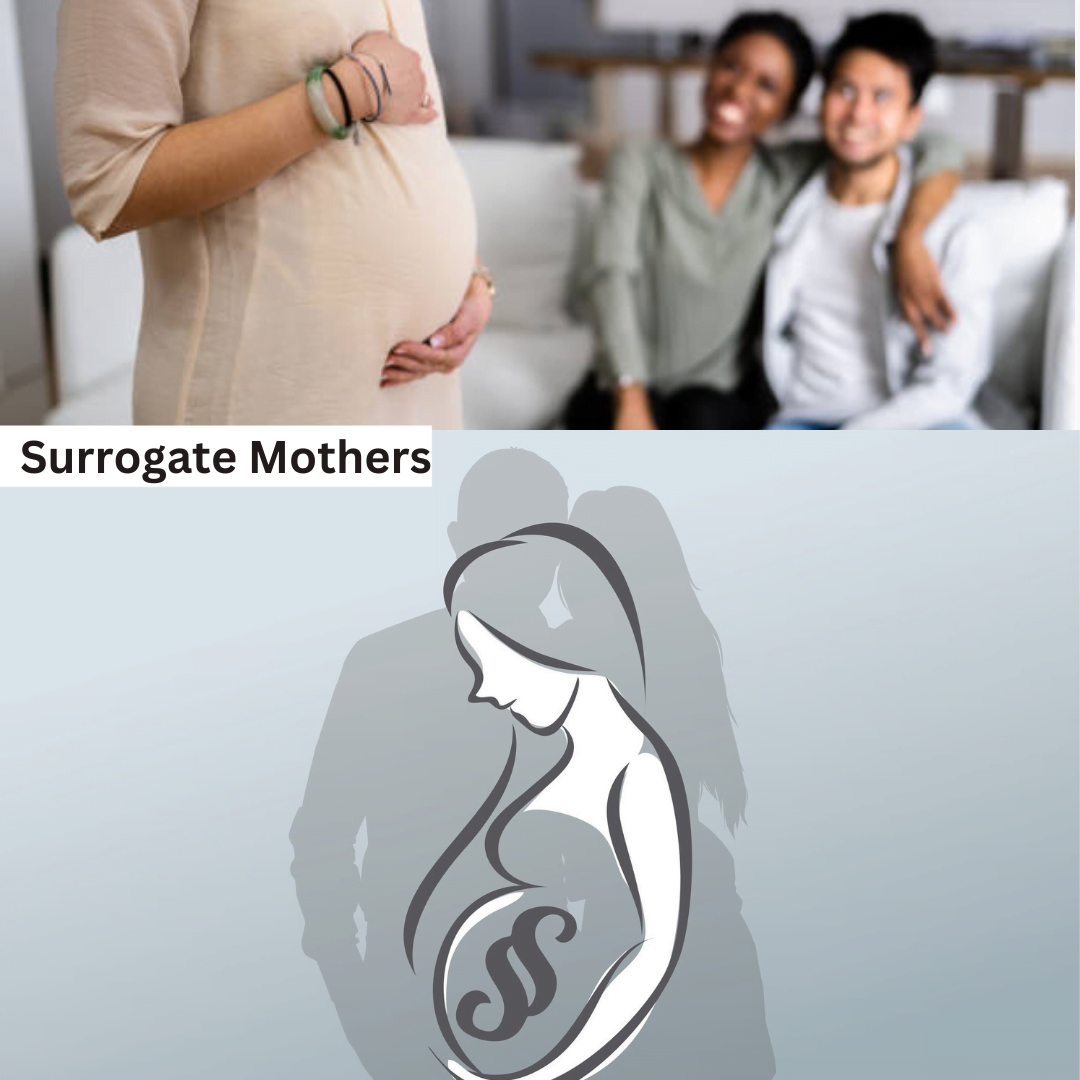Introduction of the case Surrogate Mothers, preventing discrimination
In a significant legal development, the Rajasthan High Court, under the jurisdiction of Justice Anoop Kumar Dhand, delivered a landmark judgment regarding maternity leave rights for surrogate mothers. The case was initiated through a writ petition under Article 226 of the Constitution. The Rajasthan High Court ruling emphasizes the fundamental principle that discrimination based on the method of childbirth, specifically surrogacy, is unjust, and all Surrogate Mothers deserve equal treatment in matters of maternity leave.
Background of the Case surrogate mothers, preventing discrimination
The petitioner, having opted for surrogacy, became the Surrogate Mothers of twins and subsequently applied for maternity leave with the State authorities. However, the State rejected her request on June 23, 2020, citing the absence of a specific provision in the Rajasthan Service Rules, 1951, for granting maternity leave to mothers who have children through surrogacy.
Legal Analysis and Decision
The court delved into the legal aspects, highlighting that the term ‘maternity leave’ wasn’t explicitly defined in the 1951 Rules. While Rule 103 of the 1951 Rules provided for maternity leave for a female Government servant for 180 days, it did not address the situation of surrogate mothers. The court noted the historical context, mentioning the earlier provision under the Maternity Benefit Act, 1961, which covered maternity benefits for women employed in specific establishments for a certain period. However, neither the 1951 Rules nor the 1961 Act provided definitions for ‘mother’ and ‘child.’
The court emphasized that a woman could become a mother through various means, including childbirth, adoption, and surrogacy. With the advancement of medical science, surrogacy has become a viable option for couples facing infertility issues. The court viewed maternity benefits as a beneficial provision aimed at achieving social justice and stressed the need to interpret such provisions liberally.

In defining maternity, the court asserted that it encompasses the period during pregnancy and shortly after childbirth. If maternity is synonymous with motherhood, it becomes inappropriate to differentiate between a natural/biological mother and a mother who has begotten a child through surrogacy. The objective of maternity leave, according to the court, is to uphold the dignity of motherhood by ensuring the well-being of both the woman and her child. Maternity leave is designed not only for health considerations but also to foster a bond of affection between the mother and child.
The court acknowledged surrogacy as a blessing for infertile couples, tracing its historical acceptance in India as ‘Niyoya Dharma.’ With the recent enactment of the Surrogacy (Regulation) Act, 2021, recognizing surrogacy as a legitimate means of becoming a parent, the court held that denying maternity leave to a woman who becomes a mother through surrogacy would be unjust.
Precedents and Constitutional Rights
The court drew on various legal precedents, such as Dev Shree B Andhey v. Chhattisgarh State Power Holding Co. Ltd., Sadhna Agrawal v. State of Chhattisgarh, Rama Pandey v. Union of India, Hema Vijay Menon v. State of Maharashtra, and Sushma Devi v. State of Himachal Pradesh. These cases collectively underscored that the right to life under Article 21 of the Constitution encompasses the right to motherhood and the right of every child to full development.
Highlighting the inconsistency in denying maternity leave to a mother through surrogacy while providing it to an adoptive mother, the court referred to P. Geetha v. Kerala Livestock Development Board Ltd. The court reiterated that no distinction should be made by the State Government between a natural mother, a biological mother, and a mother who has begotten a child through surrogacy.
The court firmly stated that the State’s denial of maternity leave to the petitioner, a surrogate mother of twins, was unjustifiable. Discriminating between natural biological mothers and surrogate or commissioning mothers would amount to an insult to motherhood.
Judicial Direction and Legislative Gap
Quashing the impugned order of June 23, 2020, the court directed the respondents to grant 180 days of maternity leave to the petitioner within three months from November 8, 2023. Furthermore, the court urged the government to enact appropriate legislation addressing maternity leave for surrogate and commissioning mothers.
The court emphasized that the absence of specific provisions in existing laws necessitates the formulation of new legislation to ensure the rights of surrogate and commissioning Surrogate Mothers. The court directed the Registry to forward a copy of the judgment to the Ministry of Law and Justice, Union of India, and the Principal Secretary, Department of Law and Legal Affairs, Government of Rajasthan, urging them to take suitable action.
Conclusion of surrogate mothers, preventing discrimination
The Rajasthan High Court judgment sets a precedent in recognizing the rights of surrogate mothers to maternity leave, underscoring the evolving nature of family structures and reproductive technologies. The decision not only promotes inclusivity but also calls for legislative reforms to address the gaps in existing laws. This landmark ruling is a significant step towards ensuring equal rights for all Surrogate Mothers, irrespective of the method through which they bring their children into the world.
Must Read:- Yoga Institute Appointment Dr. Ishwarappa Delhi High Court Rejects Plea









Leave a Reply